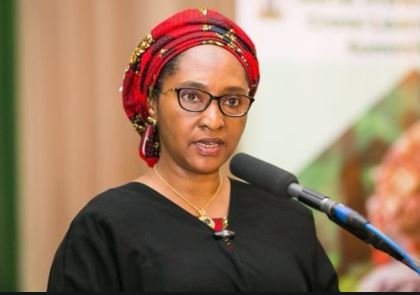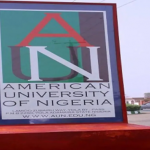The federal government for the second time has cut budget plans to assume a lower petroleum price of $20 per barrel.
Also, government has projected that the economy will contract by 3.4 percent this year as a consequence of the outbreak of Coronavirus pandemic.
Finance Minister Zainab Ahmed made this disclosure at a virtual session tagged Citizens dialogue session on government fiscal policy decisions in response to the fall in oil prices and the COVID-19 pandemic.
At the session she said that the benchmark would again have to be revised down.
According to her, “we are in the process of an amendment that is bringing down the revenue indicator to $20 per barrel.”
She however cautioned that “budget revisions would need to be approved by lawmakers before being signed into law by the president.”
She also disclosed that the country’s oil and gas projects will be “delivered much later than originally planned” due to upstream budget cuts.
With regards to Nigeria’s debt servicing obligations the finance minister said, Nigeria is in talks to defer debt service obligations to “2021 and beyond”.
This is coming a week after the country swapped plans to borrow 850 billion naira ($2.36 billion) from the domestic market instead of borrowing from the international markets to finance the budget.
According to her, “it’s not debt forgiveness, it’s just rescheduling of our obligations,” said Ahmed, with regards to talks with lenders.
She did not provide details of the lenders with whom talks were held. While lamenting that Nigeria was spending around 58% to 60% of revenues to service debt, Ahmed lamented that explained that that was why Nigeria approached the lenders.
Also speaking at the session, Director General of the Budget Office if the Federation Ben Akabueze, said oil revenues were expected to fall by more than 80%.
He said the government had revised its projections and expected the economy to contract by 3.4% this year compared with its previous expectation that it would grow by 2.9%.
Speaking on projected contraction, Ben Akabueze stated that “Nigeria would speed up marginal field licensing and oil mining license renewals to try to raise revenues.”
He said debt servicing costs were expected to rise by 200 billion naira in 2020.






